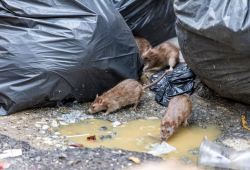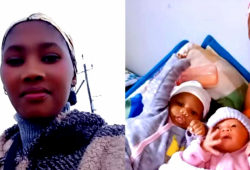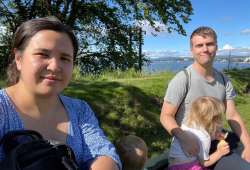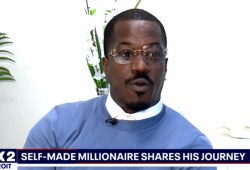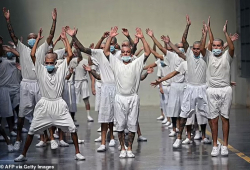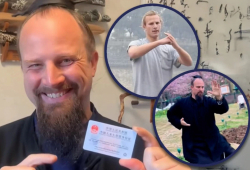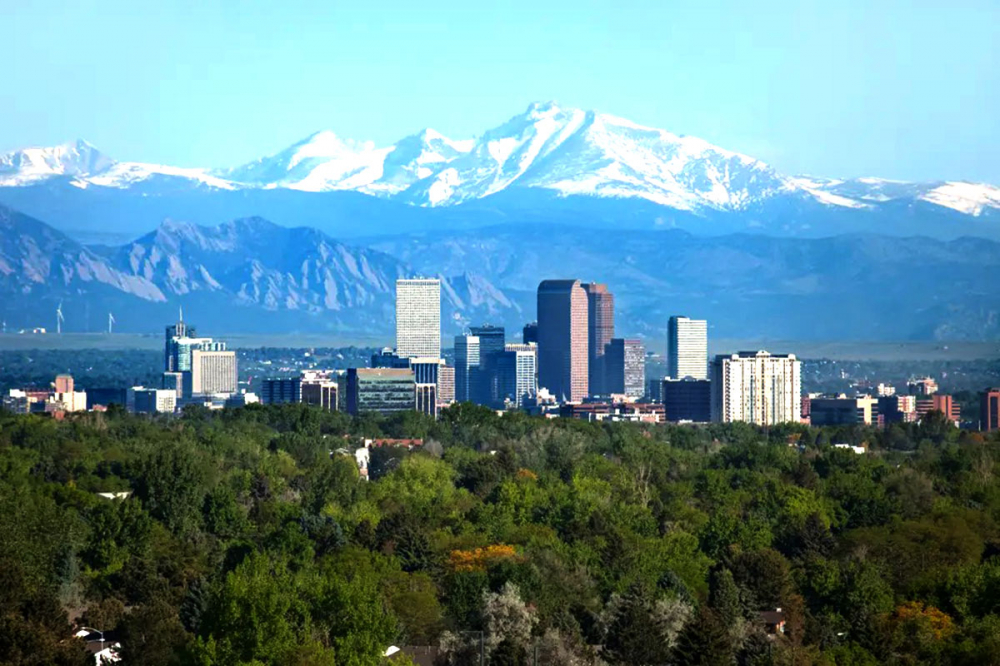
Foreign Property News | Posted by Hnin Ei Khin
Jarun Laws lived in his car in a restaurant parking lot near downtown Denver.
He worked there as a cook until 2020, making about $400 a month.
That was barely enough to cover his car payments and child support — and not even close to what he would need for rent.
The 51-year-old occasionally spent part of his paycheck on weekend stays at a cheap hotel, where he could spend time with his children.
He struggled to afford food, clothes, and medicine — and he had been experiencing homelessness for nearly a decade.
That changed when Laws enrolled in The Denver Basic Income Project. The pilot program allowed Laws to secure a temporary apartment with furniture, spend more time with his children, and find a better-paying job.
"I had questioned myself: if I was going to be a good father to my children because I was suffering," Laws previously told Business Insider. "When I got accepted, it changed my life."
Denver's basic income pilot — which first started payments in fall 2022 — focused on over 800 Coloradans experiencing homelessness, including people living in cars, temporary shelters, the outdoors, or other non-fixed living situations.
Participants like Laws were given direct cash payments, no strings attached, and could spend the money on whatever they needed.
Denver released the project's one-year report on June 18, showing that 45% of participants secured their own house or apartment after receiving basic income for 10 months. They also experienced fewer emergency room visits, nights spent in a hospital or a temporary shelter, and jail stays. The report estimates that this reduction in public service use saved the city $589,214.
Denver's program initially lasted one year and was extended in January for another six months. Participants were sorted into random groups: one received $1,000 a month for a year; another got $6,500 upfront, followed by $500 a month; and a third got $50 a month as a control group.
Ref: Denver gave people experiencing homelessness $1,000 a month. A year later, nearly half of participants had housing. (businessinsider)
